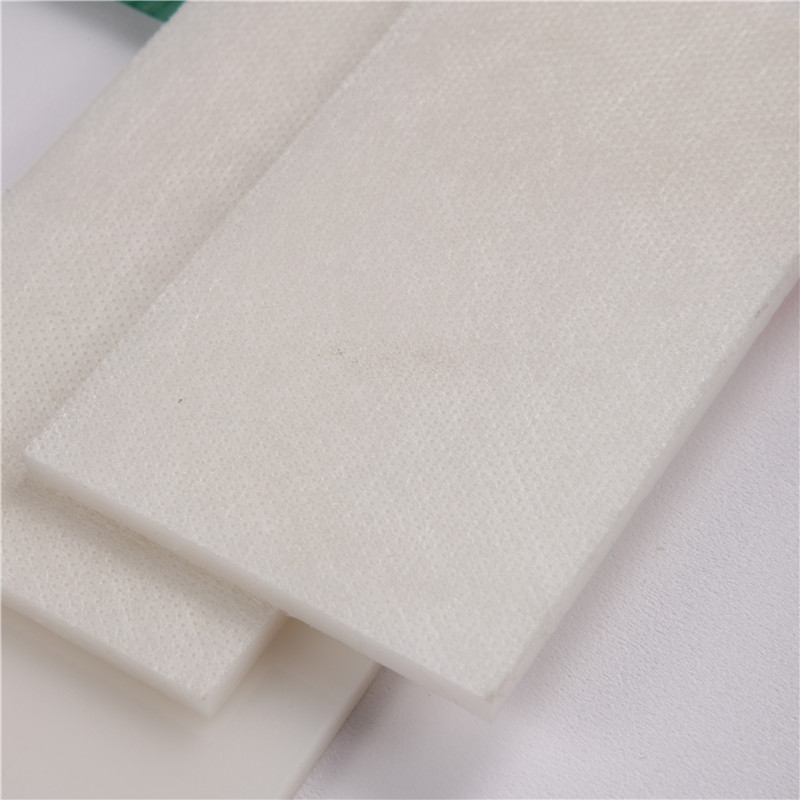Nov . 22, 2024 09:12 Back to list
upvc pipe
The Importance of UPVC Pipes in Modern Plumbing Systems
When it comes to modern construction and plumbing systems, materials play a critical role in ensuring efficiency, durability, and sustainability. Among the various materials available, Unplasticized Polyvinyl Chloride (UPVC) pipes have gained immense popularity in plumbing applications. This article explores the features, advantages, and applications of UPVC pipes, highlighting their significance in contemporary plumbing solutions.
What is UPVC?
UPVC, or Unplasticized Polyvinyl Chloride, is a type of vinyl polymer that is known for its rigidity and durability. Unlike regular PVC, UPVC does not contain plasticizers, making it less flexible but much stronger. This rigidity allows UPVC pipes to withstand high pressure and harsh environmental conditions, making them ideal for a range of plumbing applications.
Advantages of UPVC Pipes
1. Durability and Longevity UPVC pipes are resistant to corrosion, rust, and chemical reactions, which often plague other materials like metal. This resistance extends the lifespan of the pipes, often exceeding 50 years with minimal maintenance, making them a cost-effective choice for long-term installations.
2. Lightweight and Easy to Handle One of the notable benefits of UPVC pipes is their lightweight nature, which simplifies transportation, handling, and installation. Traditional materials, such as metal pipes, can be cumbersome and may require specialized equipment for installation.
3. Chemical Resistance UPVC pipes are resistant to a wide range of chemicals, making them suitable for transporting drinking water as well as various chemicals in industrial settings. They do not leach harmful substances into the fluids passing through, ensuring safety.
4. Low Thermal Conductivity UPVC pipes offer low thermal conductivity, which helps maintain the temperature of the fluids transported, particularly beneficial in hot or cold water systems. This property also reduces heat loss, increasing the overall energy efficiency of plumbing systems.
5. Sound Insulation The structure of UPVC pipes contributes to sound insulation, which can significantly reduce the noise levels associated with water flow. This makes them particularly attractive for residential buildings where quiet living conditions are desired.
upvc pipe

6. Cost-Effectiveness The initial cost of UPVC pipes is generally lower than that of metal counterparts, and their durability ensures fewer replacements and repairs over time, ultimately providing significant long-term savings.
Applications of UPVC Pipes
UPVC pipes are versatile and can be used in a wide array of applications. Some of the common uses include
- Water Supply Systems UPVC is extensively used for potable water distribution due to its safety and durability. It is also resistant to scaling and biological growth.
- Drainage Systems UPVC pipes are ideal for drainage and waste management systems due to their impermeable characteristics, preventing leaks and contamination.
- Sewage Systems In sewage treatment and disposal applications, UPVC pipes stand out for their ability to resist aggressive substances and withstand harsh environmental conditions.
- Electrical Conduits Beyond plumbing, UPVC pipes are also used as conduits for electrical wiring, providing protection against moisture and environmental damage.
Conclusion
In summary, UPVC pipes offer a range of benefits that make them an essential material in modern plumbing systems. Their durability, ease of installation, and cost-effectiveness have made them the go-to choice for both residential and industrial applications. As the demand for efficient and sustainable plumbing solutions continues to rise, UPVC pipes are likely to remain at the forefront, contributing significantly to the resilience and safety of plumbing infrastructures around the world. Whether you are considering upgrade options for your home or planning a large-scale industrial project, UPVC pipes are an excellent choice that guarantees performance and longevity.
-
High-Quality PPR Pipes and Fittings Durable ERA PPR & PVC PPR Solutions
NewsJul.08,2025
-
Black HDPE Cutting Board - Durable, Non-Porous & Food Safe HDPE Plastic Cutting Board
NewsJul.08,2025
-
High-Quality CPVC Panel Durable HDPE & PVC Panels Supplier
NewsJul.08,2025
-
Double PE Welding Rod Supplier - High Strength, Durable & Versatile Welding Solutions
NewsJul.07,2025
-
High-Quality PVC-O Pipe Supplier Durable 75mm PVC Pipe & Connections Leading PVC Pipe Company
NewsJul.07,2025
-
HDPE Drainage Pipe Supplier – Durable & Corrosion-Resistant Solutions
NewsJul.06,2025

